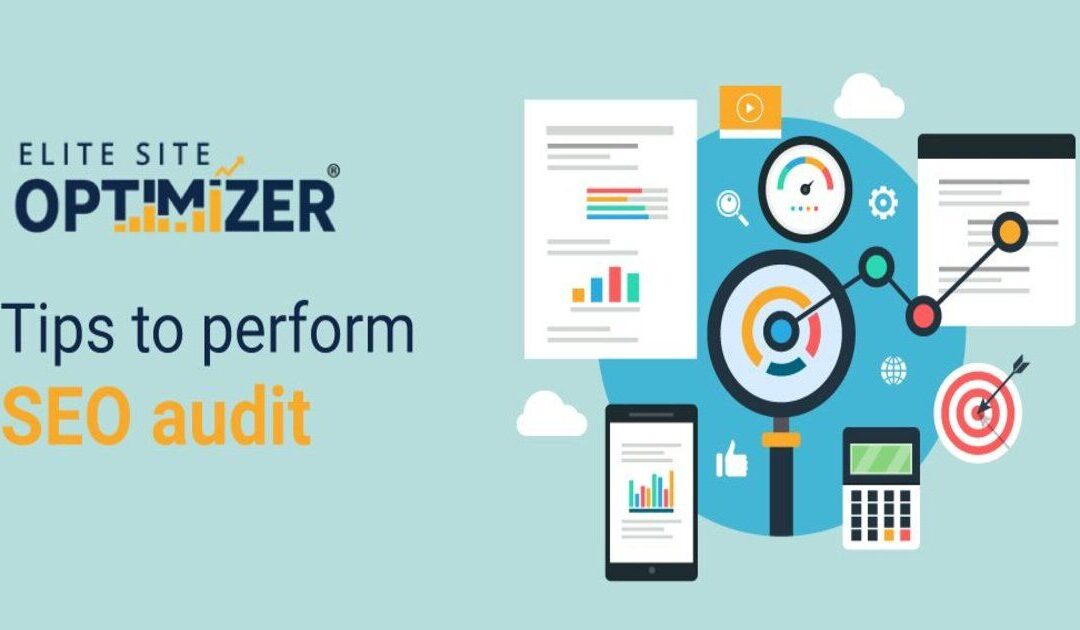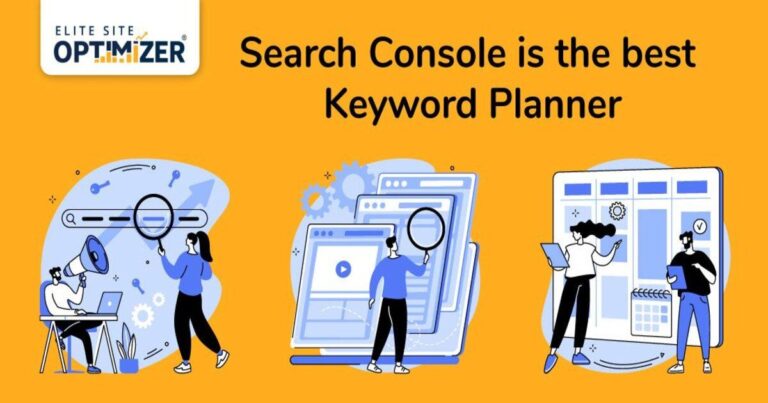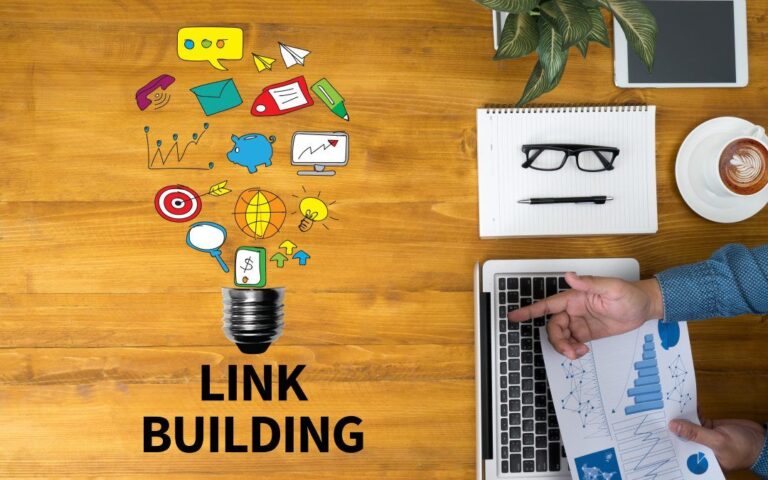Keyword-rich content is no longer going to prove effective in your digital marketing campaigns. As the competition is growing, it’s time to up your game and come up with advanced SEO strategies that can outperform your competitors and improve your online presence. According to the research, 61% of companies consider SEO the primary component of online marketing.
Let’s say you have designed an outstanding website with stunning graphics. You researched and inserted a few keywords. Now what? Don’t be surprised if your website doesn’t even show up on the first few pages on Google.
Competition has reached to a point where the loose SEO strategies will not help you get anywhere near the top position. You need to perform SEO audits to analyze your SEO performance and plan a better marketing strategy. Let’s have a look at the tips for performing an SEO Website audit:
Start with the Crawl
The SEO Crawler helps websites get a deep insight into the current website and SEO structure. It monitors your website the same way as search engines and returns with precise information. You can use a few free SEO Audit tool to perform the smoother check, but paid versions are more reliable.
The following are the elements SEO crawler will help you analyze:
- Broken Link Checker
- Duplicate content
- Poor site navigation
- Irrelevant keywords
- Poor images
- Page title issues
One of the best SEO Audit tools is Elite Site Optimizer.
Run On-page SEO Audit
On-page SEO is the major factor that determines your website ranking in the search engines. The On-page SEO audit will give you a comprehensive report on your site’s SEO structure including the headers, title tags, and duplicate pages. Let’s see what on-page SEO Site audit covers:
- Meta-data: Meta description doesn’t have a direct impact on your SERP ranking. However, it has the potential to drive traffic to your page by giving short and crisp info about the content on a website. You must write a compelling, tempting, and engaging meta description to bring more people to your webpage.
- Duplicate Content: Google penalizes the websites that copy content from other sources. You cannot rank in the search engines with duplicate articles. To check the originality and accuracy of your website, use plagiarism detector tools such as Copy scape. So far, it has been an excellent tool in detecting copied content. Paste your website URL and find out plagiarism issues.
- Page Titles and Tags: The title you use should be relevant to your blog/article. The ideal length for SEO title is around 56-60 characters. Use the Pixel Width checker tool to ensure that your title is precise.
External and Internal Link Structure
Often the external links on your website lead your users to the 404 error page. It happens when the site you linked to no more exists. Many link building tools can help you strengthen your link structure by listing all the websites that redirect users to the error.
The more broken links your website has, the lower the raking it gets. So, make sure that all the broken links are addressed.
Related Posts
Post does not have featured image






